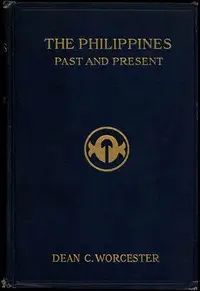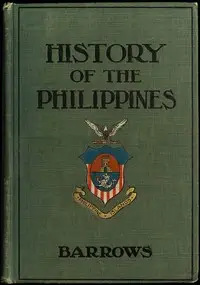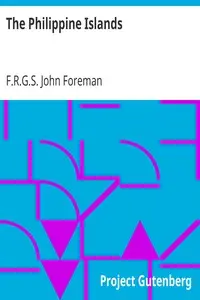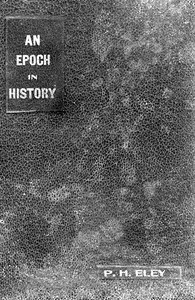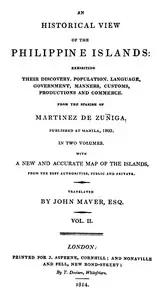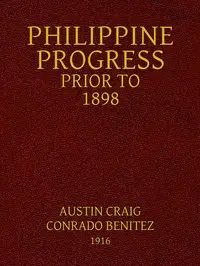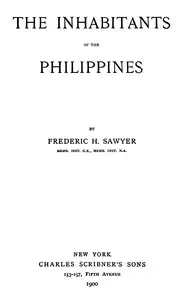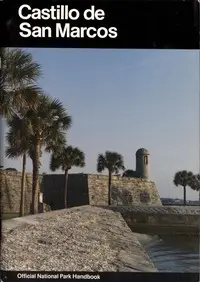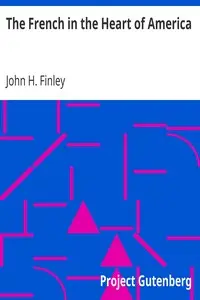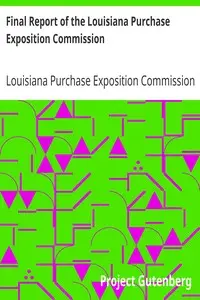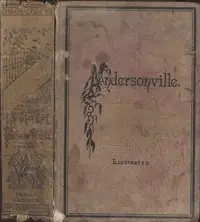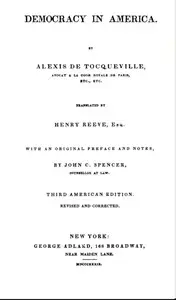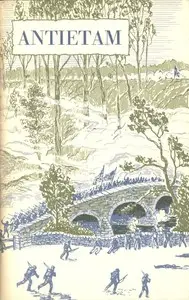"The Philippines: Past and Present (Volume 2 of 2)" by Dean C. Worcester examines the American colonization era in the Philippines through the lens of educational and territorial changes, highlighting the author’s detailed observations of early 20th-century Philippine society, focusing on the American restructuring on the islands. The book opens with a comparison between the American and Spanish education system, and focuses on the Bureau of Education, showing the development of public schools, teaching programs, vocational training, and their significance within fostering community and new-found responsibility among the Filipino people. Worcester uses historical context, personal experience, and observation to display the socio-political landscape of the Philippines during this period, and dives into the interactions between different cultural groups and the overall transformation of the country.
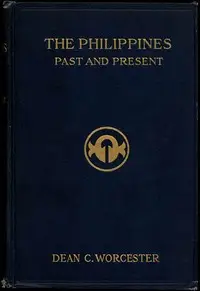
The Philippines: Past and Present (Volume 2 of 2)
By Dean C. (Dean Conant) Worcester
Witness a nation reinvent itself through education and confront the complex relationship between colonizer and colonized in this compelling examination of the Philippines' past.
Summary
About the AuthorDean Conant Worcester, D.Sc., FRGS was an American zoologist, public official, and writer on the Philippines. He was born at Thetford, Vermont, and educated at the University of Michigan. Worcester's involvement with the Philippines began in 1887 when he joined a scientific expedition to the region as a junior member. This experience laid the groundwork for his controversial career in the early American colonial government, which commenced in 1899. He held firm beliefs in the colonial mission and vehemently opposed Philippine independence. Worcester's influence extended as he served as the Secretary of the Interior of the Philippine Islands until 1913. Afterward, he shifted his focus to business endeavors, particularly in coconut farming and processing, cattle raising, and maritime shipping lines. He died in the Philippines, leaving behind a legacy of both public service and entrepreneurial success.
Dean Conant Worcester, D.Sc., FRGS was an American zoologist, public official, and writer on the Philippines. He was born at Thetford, Vermont, and educated at the University of Michigan. Worcester's involvement with the Philippines began in 1887 when he joined a scientific expedition to the region as a junior member. This experience laid the groundwork for his controversial career in the early American colonial government, which commenced in 1899. He held firm beliefs in the colonial mission and vehemently opposed Philippine independence. Worcester's influence extended as he served as the Secretary of the Interior of the Philippine Islands until 1913. Afterward, he shifted his focus to business endeavors, particularly in coconut farming and processing, cattle raising, and maritime shipping lines. He died in the Philippines, leaving behind a legacy of both public service and entrepreneurial success.

